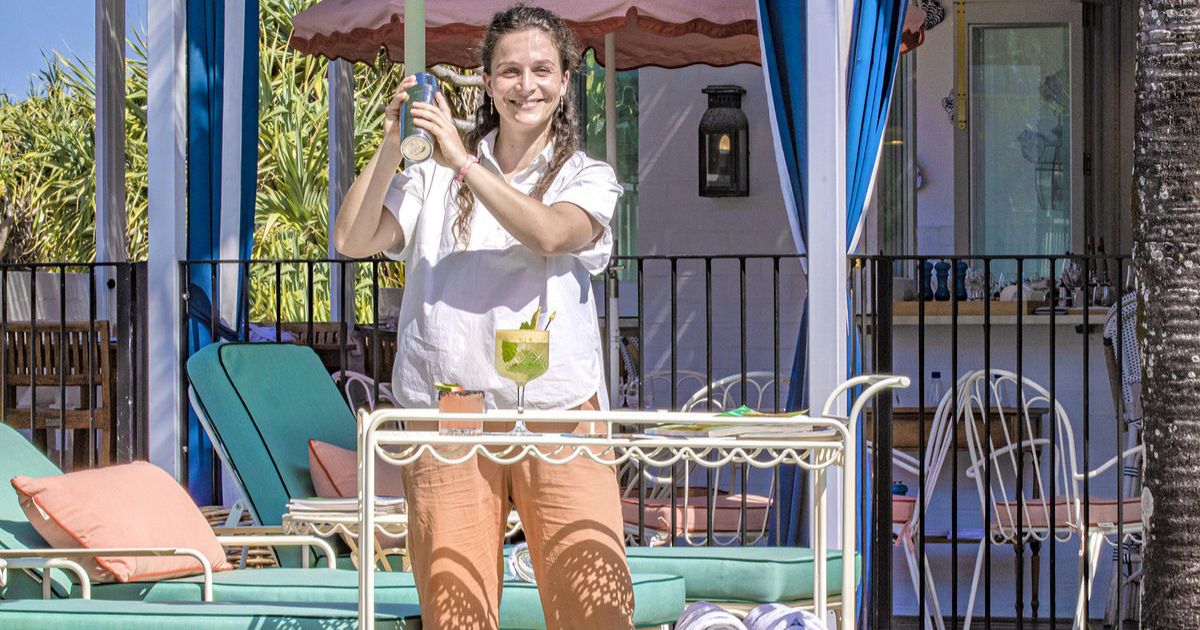Hidden homelessness persists as services for women expand
BYRON, Tweed and Ballina Shires remain hotspots for homelessness in regional NSW, with Byron recording the highest number of rough sleepers outside Sydney, according to the latest statewide street count.
The State Government’s 2025 Street Count recorded 291 homeless people in Byron Shire — second only to the City of Sydney’s 346.
While the figure is down from 348 in 2024, Byron Shire Mayor Sarah Ndiaye cautioned against drawing direct comparisons, noting changes in the methodology.
“The count took place over half a day this year, compared to two days in 2024,” she said.
Tweed Shire recorded 154 people, a drop from 174 last year, while Ballina Shire reported a slight increase, with 64 people up from 63 in 2024. In contrast, Coffs Harbour counted 99 people, the Central Coast 66, and Nambucca 60.
The Assertive Outreach Byron Program, launched in 2024, has played a role in reducing visible homelessness, but Mayor Ndiaye said Byron was in desperate need of more temporary, social and affordable housing.
“The Byron Shire still has less than five per cent of the social housing that exists in City of Sydney, despite similar numbers of people needing homes,” she said.
Fletcher Street Cottage, a local service hub supporting people experiencing homelessness, mental health challenges, financial hardship, and domestic violence, was among the organisations involved in the February count. Volunteers conducted an observational survey in designated areas.
But manager Damian Farrell said it doesn’t capture the hidden homeless sleeping in tents, couch surfing or staying in unstable accommodation – a growing number of whom are women and children.
“A lot of women would still have somebody in their network who they could ask if they could sleep on their couch, so we’re not resting on our laurels,” he said.
Fletcher Street Cottage is introducing a dedicated women’s afternoon each week starting in late May. Attendees will have access to an art space, followed by afternoon tea, as well as showers, meals, washing machines, food and fuel vouchers and specialist services such as legal advice, financial counselling and domestic violence support.
To ensure client safety, the specific day for women’s afternoon will only be disclosed to those expressing interest in attending.



















